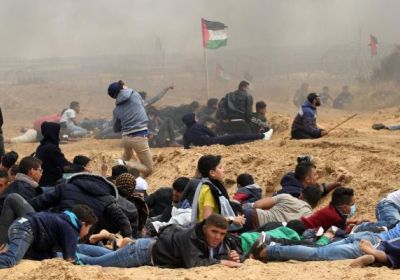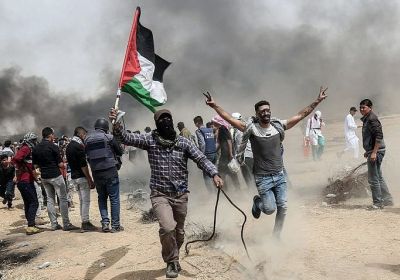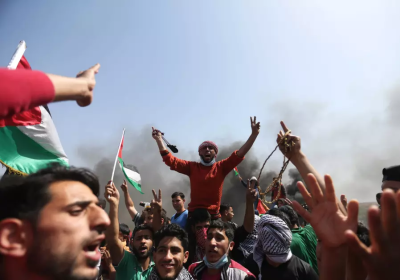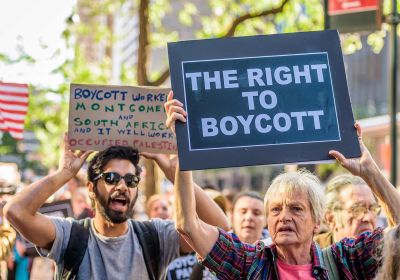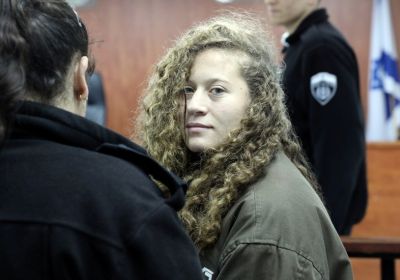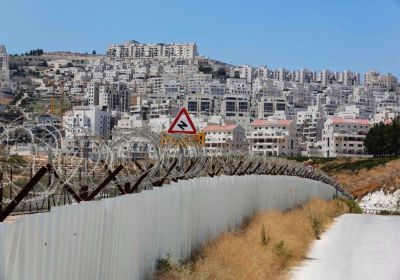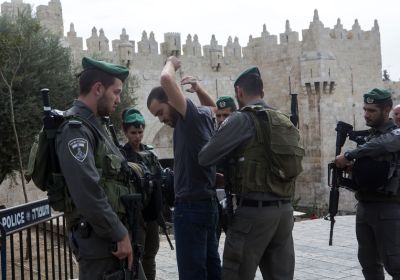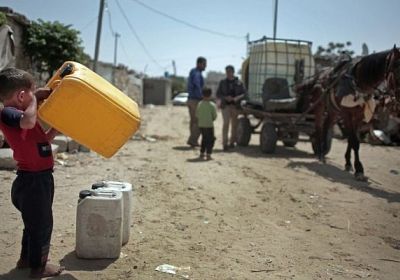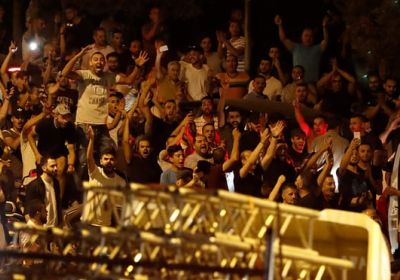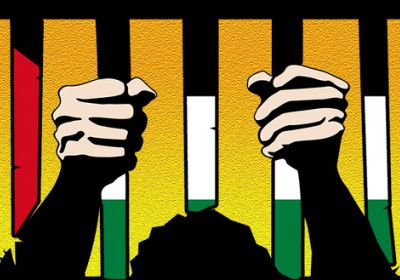
In just over 24 hours on May 14 and 15, the single greatest number of deaths and injuries of Gazans at the hands of the Israeli military since the start of the Great March of Return protests on March 30 occurred. Lisa Gleeson writes Israel’s latest crimes must be a catalyst to strengthen the struggle for Palestinian freedom.
